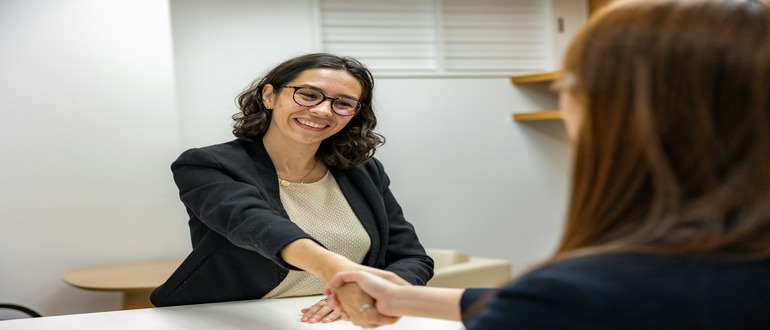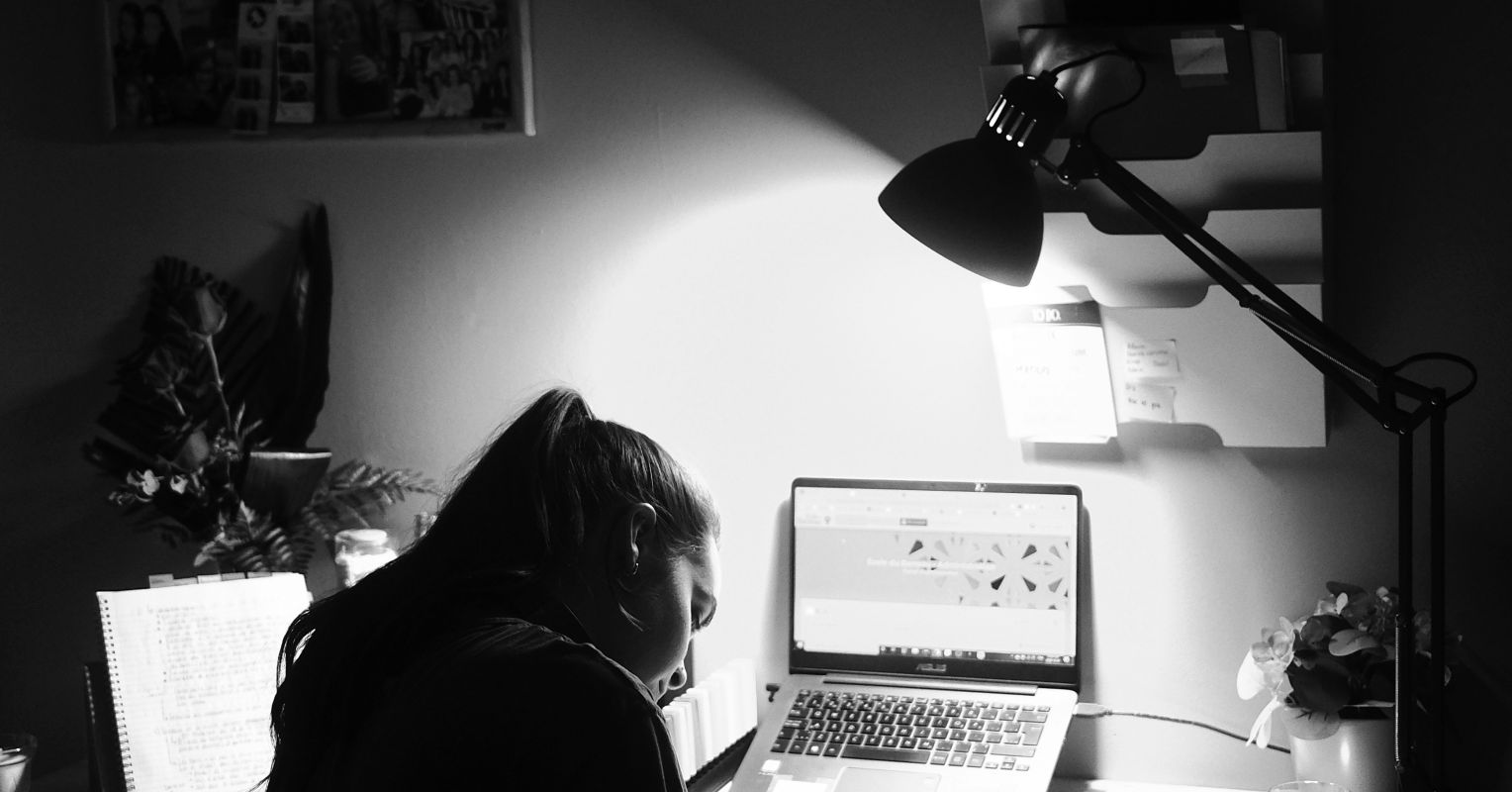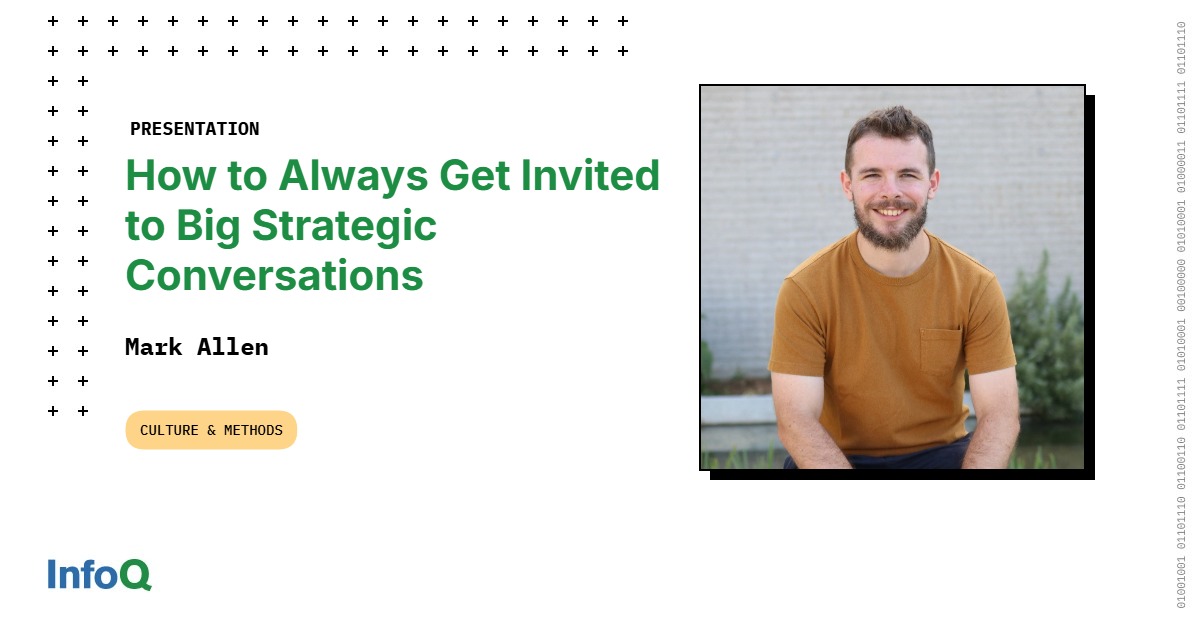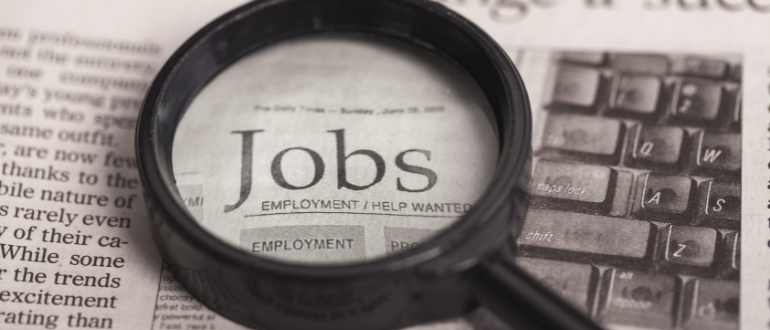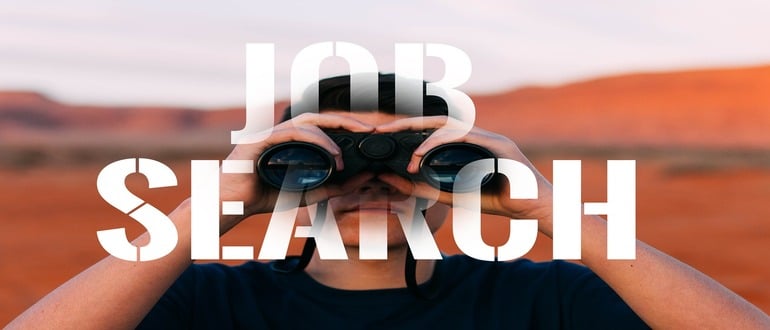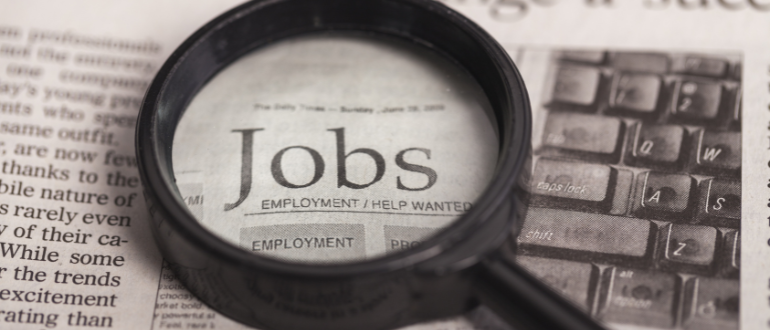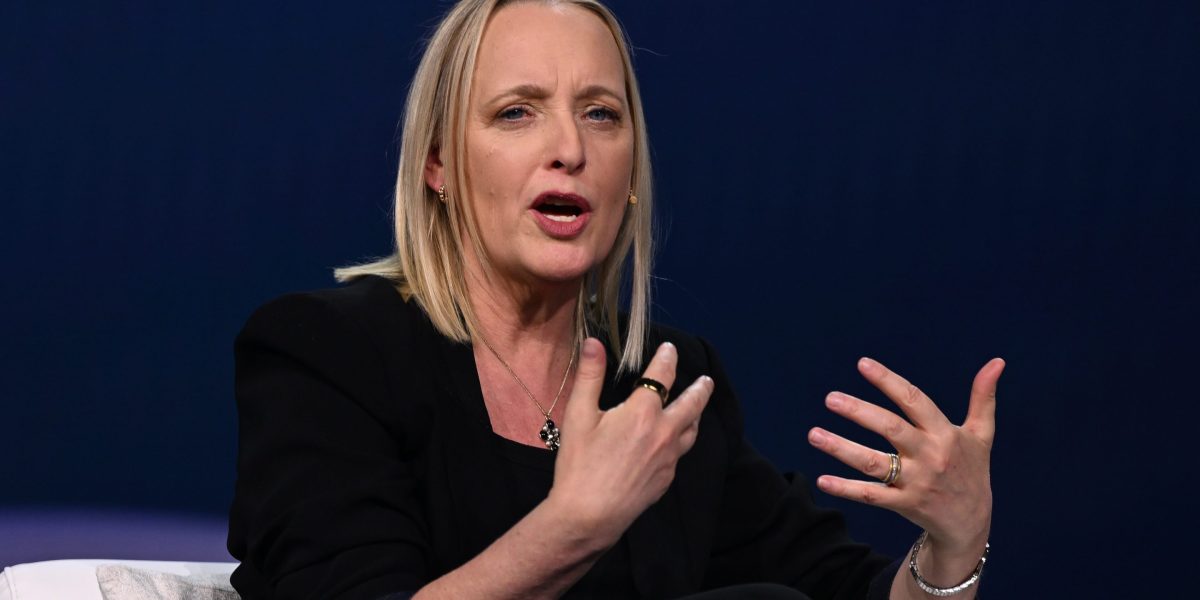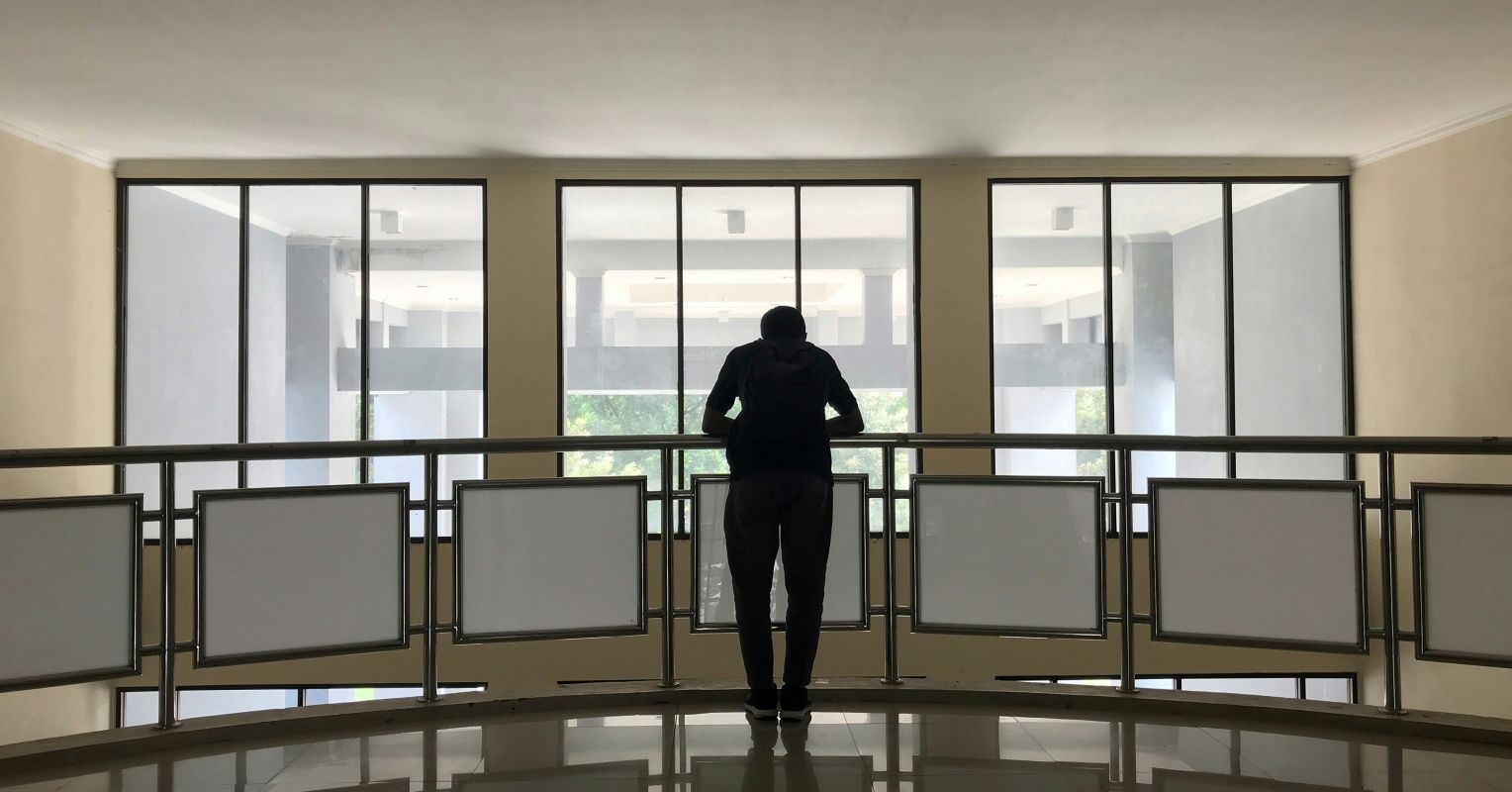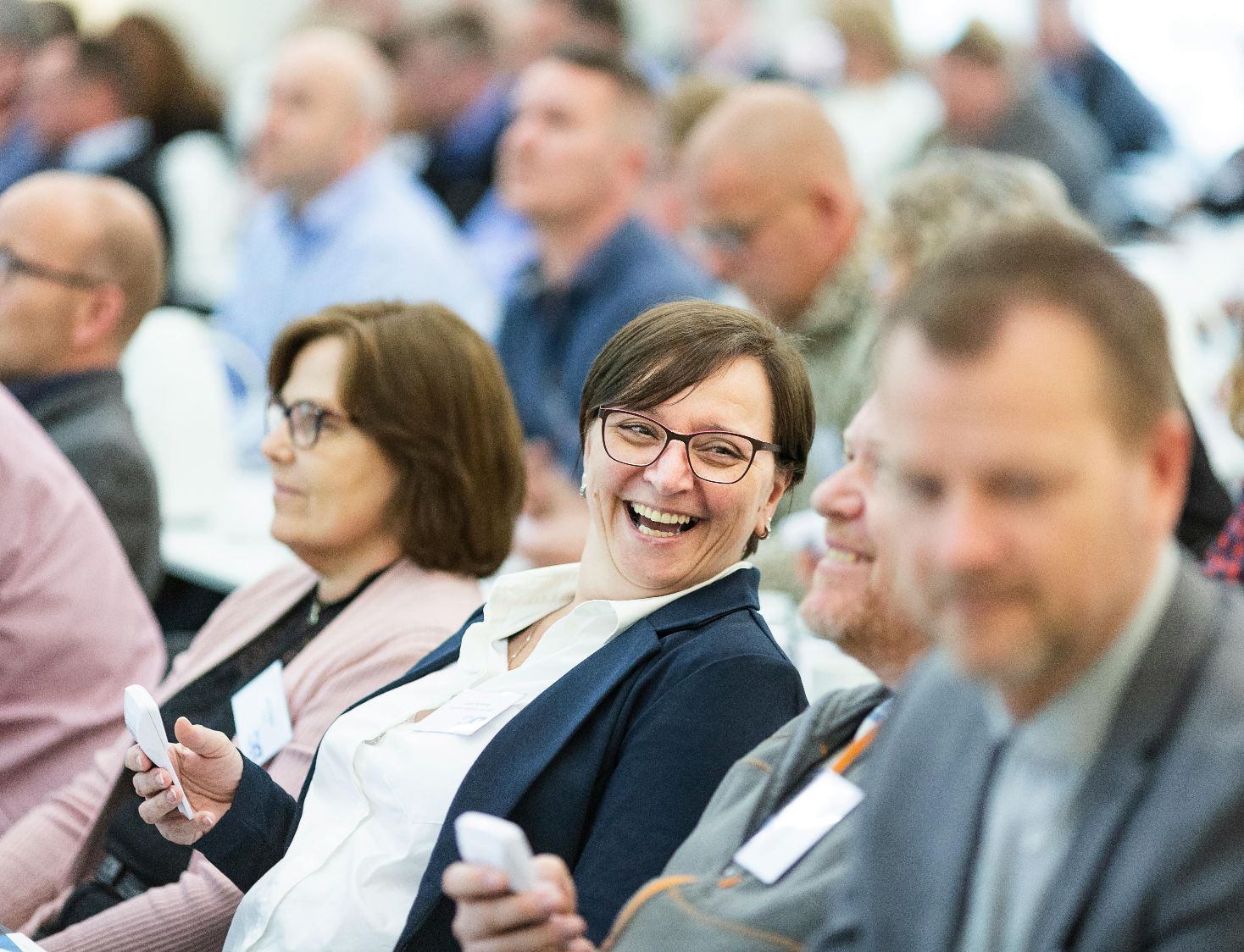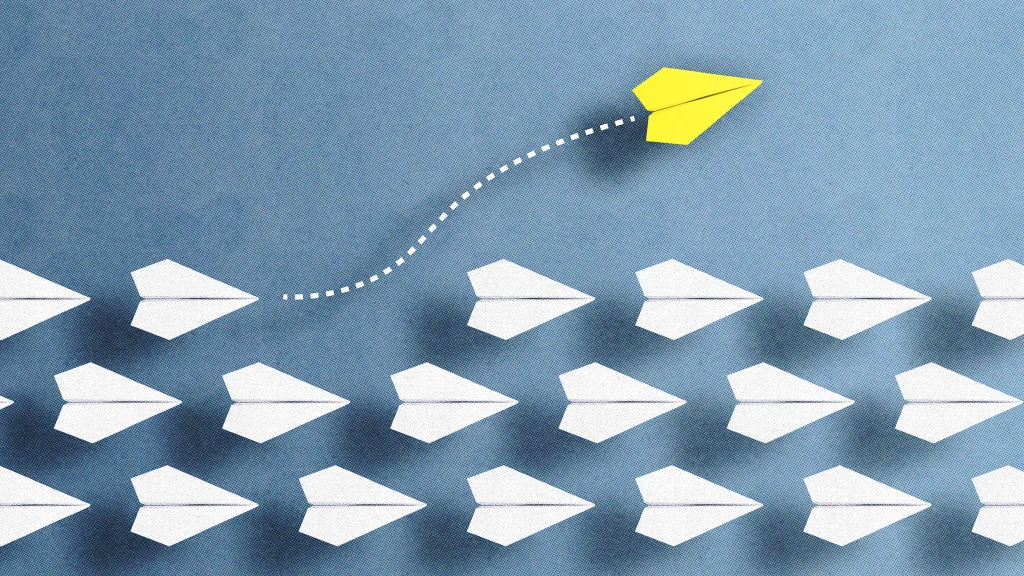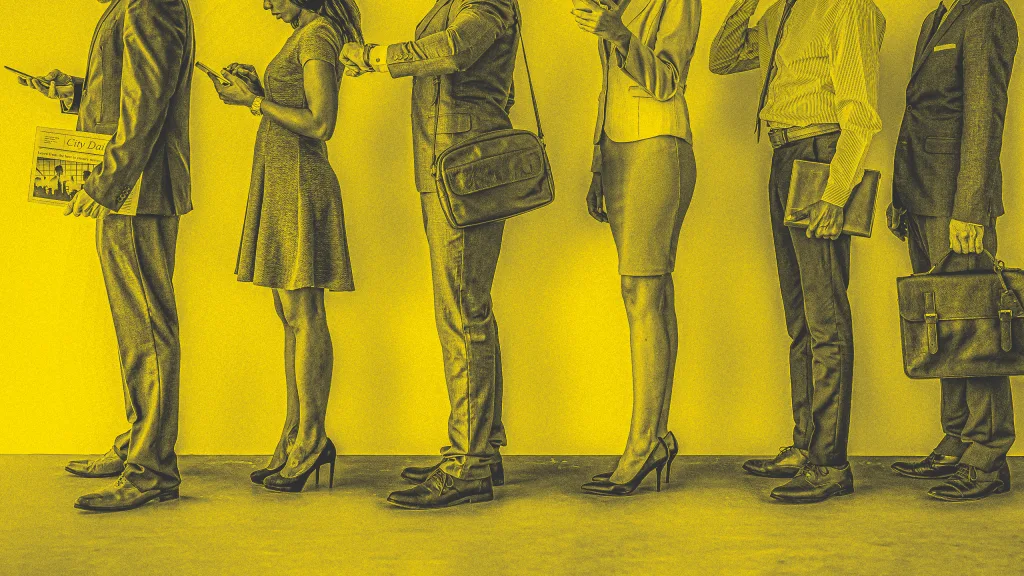#career-advancement
#career-advancement
[ follow ]
#devops #job-market #professional-development #leadership #remote-work #job-opportunities #work-life-balance
fromFortune
3 weeks agoBlackstone exec says elite Ivy League degrees aren't good enough-new analysts need to 'work harder' and be nice | Fortune
"Most of you went to elite universities. You did really well, you were in the top of your class. You are people who are successful by nature and hardworking,"
Business
fromThe Mercury News
1 month agoInterim Livermore-Pleasanton Fire chief promoted permanently
"I am honored to be appointed fire chief and continue serving the communities of Livermore and Pleasanton," Lacey wrote in a press release. "Our department is built on a strong tradition of excellence and a commitment to delivering the highest level of service. I look forward to supporting our team as we carry that mission forward."
US news
fromFortune
1 month agoSheryl Sandberg's Lean In finds more women leaning out for the first time since the promotion survey began a decade ago: 'Major moment of backsliding' | Fortune
According to nonprofit Lean In and McKinsey & Company's latest Women in the Workplace report, for the first time since the report began a decade ago, significantly fewer women than men are interested in getting a promotion at work. Compared to 80% of men in entry-level career stages, 86% in mid-career, and 92% of senior executives, only 69% of entry-level women, 82% in their mid-career, and 84% of female senior executives reported a desire to advance in their careers. The data was taken from 124 companies with 3 million workers, as well as interviews with 62 human resources executives.
Women
Careers
fromFortune
1 month agoL'Oreal CHRO cut her teeth at luxury brands Chanel and Kiehl's-like Walmart's CEO she says the secret to her success was always saying yes | Fortune
Saying yes to small, unglamorous tasks and taking bold, risky assignments led to career advancement, later balanced by strategic choices about which opportunities to accept.
fromForbes
1 month agoWhy The 'Career Minimalism' Trend Is Spreading Beyond Gen Z
According to a recent Glassdoor survey of more than 1,000 U.S. professionals, 68% of Gen Z respondents said they would not pursue management if it were not for the paycheck or the title. It may seem like younger workers lack ambition, but the reality is different. Gen Z is redefining professional success through career minimalism, choosing to treat their jobs as a source of stability while channeling ambition and creativity into pursuits outside traditional employment.
Careers
Business
fromFortune
2 months agoLowe's CEO used to make $4.35 an hour working at Target. His secret to climbing the corporate ladder was volunteering for jobs 'nobody else wanted' | Fortune
Marvin Ellison rose from a $4.35/hour Target part-time job to CEO and chairman of Lowe's, becoming one of eight Black Fortune 500 CEOs.
fromFast Company
2 months agoWhen you're asked to apply for a promotion-but you're not sure you want it
Being asked to apply for a promotion is often framed as an unqualified win: validation that your work is seen and your potential recognized. Yet for many high-achieving professionals, that invitation can spark as much ambivalence as excitement. Because the question isn't only "Can I do this?" It's also "Do I want to live this way?" Promotions can be career accelerators, but they also reconfigure your days, your priorities, and your sense of balance.
Careers
fromFortune
3 months agoIt's not 40 hours-Gen Zers don't know how long they need to work in a week and even experts can't decide | Fortune
Workplace experts can't decide what's the optimal number of working hours for Gen Z workers-but they know it's not "every waking minute" of the day like Cerebras' CEO suggested, or the 60 hour "sweet spot" Google's Sergey Brin recommended earlier this year. That schedule is unsustainable, but 40-hour workweeks aren't enough for the young and hungry. The CEO of $8.1 billion AI chips company Cerebras recently hit back at the idea entrepreneurs can launch an innovative business working "30, 40, 50 hours a week."
Careers
fromFast Company
3 months agoStop being funny at work. Learn to think like a comedian instead
We are professors of marketing and management who study humor and workplace dynamics. Our own research-and a growing body of work by other scholars -shows that it's harder to be funny than most people think. The downside of cracking a bad joke is often larger than what you might gain by landing a good one. Fortunately, you don't have to tell sidesplitting jokes to make humor work for you. You can learn to think like a comedian instead.
Humor
fromPsychology Today
4 months agoThe Curse of Competence
Rachel (not her real name) is the go-to person at work for everything, from helping you perfect your presentation, to unjamming the copier. She can get meetings with high-level people organized in record time, fix spreadsheets so that they make sense, mentor rising stars, and deliver presentations in a way that gets people motivated to take action. Everyone relies on Rachel because she's so competent at so many different tasks. It's almost as if she's a specialist in everything.
Careers
fromFortune
4 months agoNYU professor says traditional networking is 'nonsense'-instead real friendships are key to success | Fortune
Gen Z is facing a dire labor market-and it's forced young professionals on the job hunt to stealthily promote their resumes with boxes of donuts, or to take up waitressing gigs at conferences just to get a foot in the door. But Suzy Welch, professor of management practice at New York University, believes the key to success is a lot simpler than that.
Business
fromwww.theguardian.com
5 months agoJulie was smart and competent, yet her less qualified colleagues surpassed her. Imposter syndrome held her back | The modern mind
Julie felt dissatisfied with her work achievements despite her intelligence and qualifications. She avoided promotions, reinforcing her negative self-beliefs about competence and intelligence.
Women
fromBusiness Insider
6 months agoHow appearing on reality TV affected my career
I had gone on the show hoping it would give me a leg up in my career. But I realized that if people had only heard of the show - not actually watched it - they were more likely to assume I was some narcissistic jerk.
Relationships
fromComputerWeekly.com
6 months agoThousands of women in tech leave their roles each year | Computer Weekly
Deborah O'Neill emphasized the impact of women leaving technology, stating, "That's not just a statistic, that is a loss - potential lost innovation, lost opportunities - for this country and for all of our organisations."
Women in technology
Higher education
fromInside Higher Ed | Higher Education News, Events and Jobs
7 months agoNondegree Credentials Yield Mixed Outcomes
The surge in U.S. credentials raises questions about their actual value and effectiveness for career advancement.
Only a minority of credentials significantly enhance graduates' incomes or career prospects.
[ Load more ]


